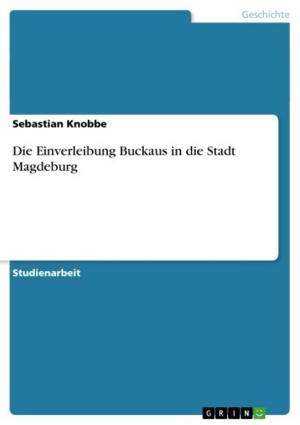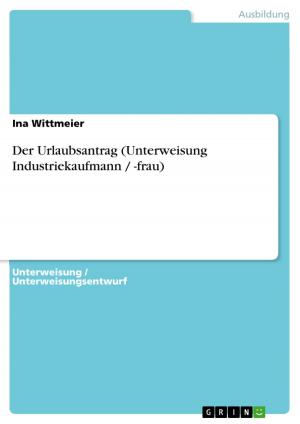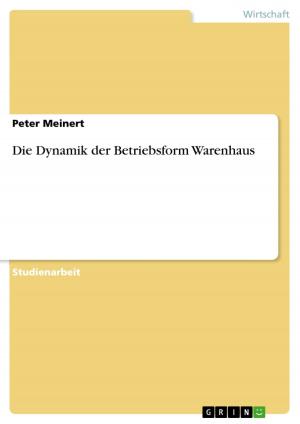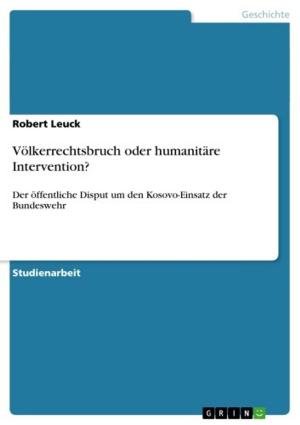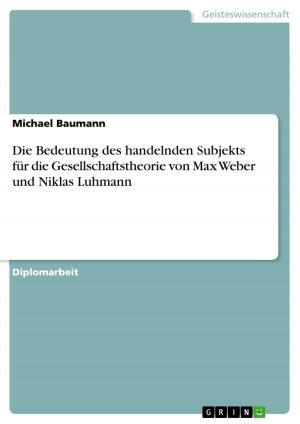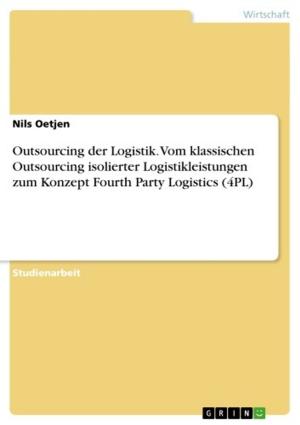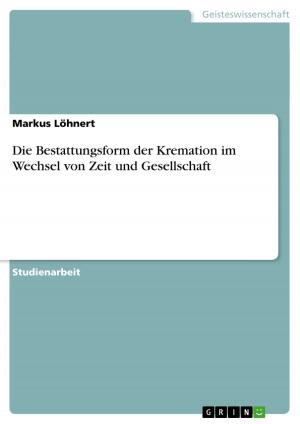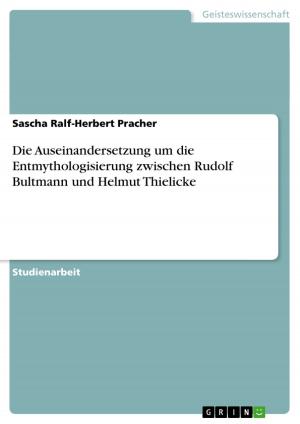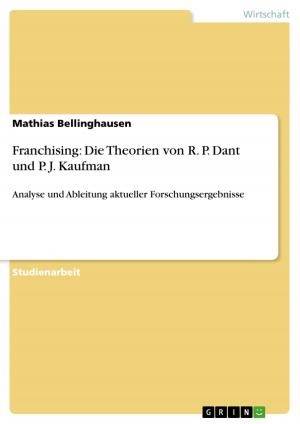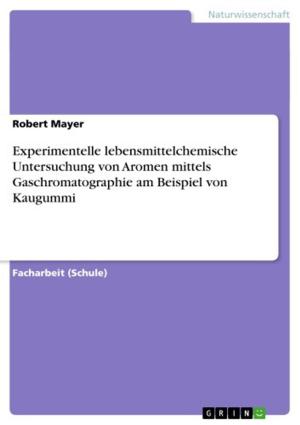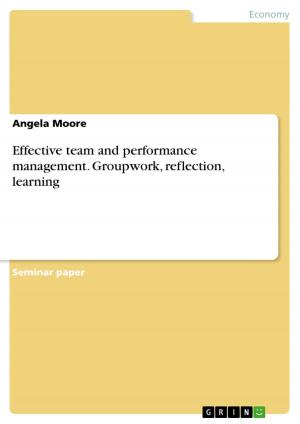Alternative Dispute Resolution in Patent Disputes
A Worthwhile Alternative to the Current Patent Dispute Between Apple Inc. and SAMSUNG Electronics?
Nonfiction, Reference & Language, Law, Business| Author: | Anonymous | ISBN: | 9783656421849 |
| Publisher: | GRIN Verlag | Publication: | April 29, 2013 |
| Imprint: | GRIN Verlag | Language: | English |
| Author: | Anonymous |
| ISBN: | 9783656421849 |
| Publisher: | GRIN Verlag |
| Publication: | April 29, 2013 |
| Imprint: | GRIN Verlag |
| Language: | English |
Seminar paper from the year 2013 in the subject Law - Civil / Private / Trade / Anti Trust Law / Business Law, grade: 1,1, Berlin School of Economics and Law, course: Internationalisierung von Wirtschaftsprozessen, language: English, abstract: Major cell phone manufacturers Apple and Samsung are currently accusing one another of infringing patents relating to their smartphones. The lawsuits simultaneously being carried out in several countries across the world are a burden to both companies. Due to the fact that the two stand in a crucial business relationship with each other, an alternative dispute resolution model may be appropriate. Methods such as mediation, arbitration and expert determination may be suitable. Patents are part of intellectual property protection and have grown in importance over the last decades. They protect an invention and can only be granted if certain criteria are met. However, patent holders litigate patent infringements in order to protect their competitive position. Alternative Dispute Resolution offers advantages such as a single procedure, autonomy of the parties, neutrality, finality of awards, confidentiality as well as enforceability, and has been known as a method of resolution since the 1980s. De-spite this, most international disputes are carried out in court, even though companies are aware that a trial is the least beneficial method. In the past, Apple had successfully negotiated patent litigation with several competitors, but initial attempts at Alternative Dispute Resolution have failed in the case of Apple and Samsung. However, it can still be carried next to court to find common ground and identify economic needs and interests that may support court litigation and direct it towards a beneficial outcome for both. In addition, it is advisable to implement an early-stage conflict management model for the future.
Seminar paper from the year 2013 in the subject Law - Civil / Private / Trade / Anti Trust Law / Business Law, grade: 1,1, Berlin School of Economics and Law, course: Internationalisierung von Wirtschaftsprozessen, language: English, abstract: Major cell phone manufacturers Apple and Samsung are currently accusing one another of infringing patents relating to their smartphones. The lawsuits simultaneously being carried out in several countries across the world are a burden to both companies. Due to the fact that the two stand in a crucial business relationship with each other, an alternative dispute resolution model may be appropriate. Methods such as mediation, arbitration and expert determination may be suitable. Patents are part of intellectual property protection and have grown in importance over the last decades. They protect an invention and can only be granted if certain criteria are met. However, patent holders litigate patent infringements in order to protect their competitive position. Alternative Dispute Resolution offers advantages such as a single procedure, autonomy of the parties, neutrality, finality of awards, confidentiality as well as enforceability, and has been known as a method of resolution since the 1980s. De-spite this, most international disputes are carried out in court, even though companies are aware that a trial is the least beneficial method. In the past, Apple had successfully negotiated patent litigation with several competitors, but initial attempts at Alternative Dispute Resolution have failed in the case of Apple and Samsung. However, it can still be carried next to court to find common ground and identify economic needs and interests that may support court litigation and direct it towards a beneficial outcome for both. In addition, it is advisable to implement an early-stage conflict management model for the future.

